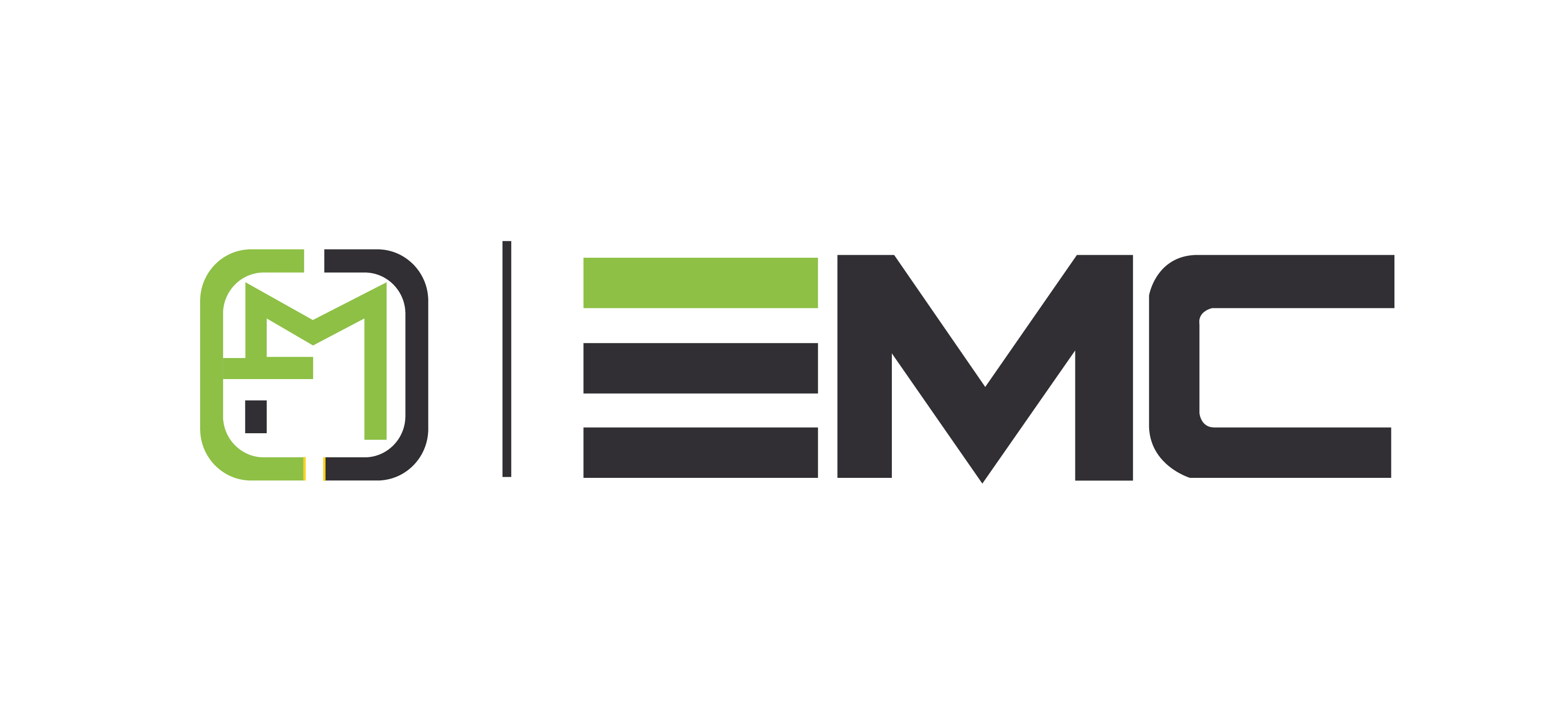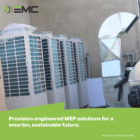Enhancing Building Efficiency: A Guide to MEP Engineering
Mechanical, Electrical, and Plumbing (MEP) engineering is the cornerstone of building efficiency. It’s the heart and soul that ensures structures are not just bricks and mortar, but functional, sustainable, and comfortable spaces. In this comprehensive guide, we will delve into the world of MEP engineering, exploring how it enhances building efficiency and why it’s a critical component of modern construction.
Understanding MEP Engineering: The Core of Building Efficiency
MEP engineering involves the design, planning, and implementation of the mechanical, electrical, and plumbing systems in a building. These systems encompass heating, ventilation, air conditioning, lighting, power, water supply, drainage, and more. The goal is to create an integrated, efficient network that optimizes building performance, ensures occupant comfort, and minimizes environmental impact.
Designing for Sustainability: The Green Imperative
In today’s world, sustainability is a fundamental consideration in any building project. MEP engineering plays a pivotal role in this arena. By designing energy-efficient systems, incorporating renewable energy sources, and integrating sustainable materials, MEP engineers reduce a building’s carbon footprint and contribute to a more sustainable future.
Energy Efficiency: The Key to Sustainable Buildings
One of the primary focuses of MEP engineering is energy efficiency. Modern MEP systems are designed to optimize energy consumption without compromising functionality. Energy-efficient lighting, intelligent HVAC systems, and advanced building automation contribute to lower energy bills and a reduced environmental impact. In essence, MEP engineering is a powerful tool for achieving energy efficiency targets.
Innovations in MEP Engineering: Driving Efficiency Further
The field of MEP engineering is continually evolving. Technological advancements have led to innovations like Building Information Modeling (BIM), IoT integration, and advanced simulation tools. BIM allows for detailed 3D modeling and seamless collaboration among various stakeholders, while IoT enables real-time monitoring and control of building systems, further enhancing overall efficiency.
Future Trends in MEP Engineering: A Glimpse Ahead
The future of MEP engineering holds exciting prospects. Integrated renewable energy solutions, AI-driven automation, and enhanced data analytics will redefine how buildings function. Resilient MEP designs that prepare structures for extreme weather events and natural disasters will become increasingly important. Embracing these trends ensures buildings are not only efficient but also adaptable to future challenges.
Conclusion: The Power of MEP Engineering
MEP engineering is the linchpin that ensures buildings function at their best, delivering comfort, efficiency, and sustainability. The ongoing advancements in this field are paving the way for a new era of smarter, more sustainable buildings. As we look ahead, it’s evident that the role of MEP engineering will only grow in significance, making our built environment more efficient and harmonious with the world around us.






